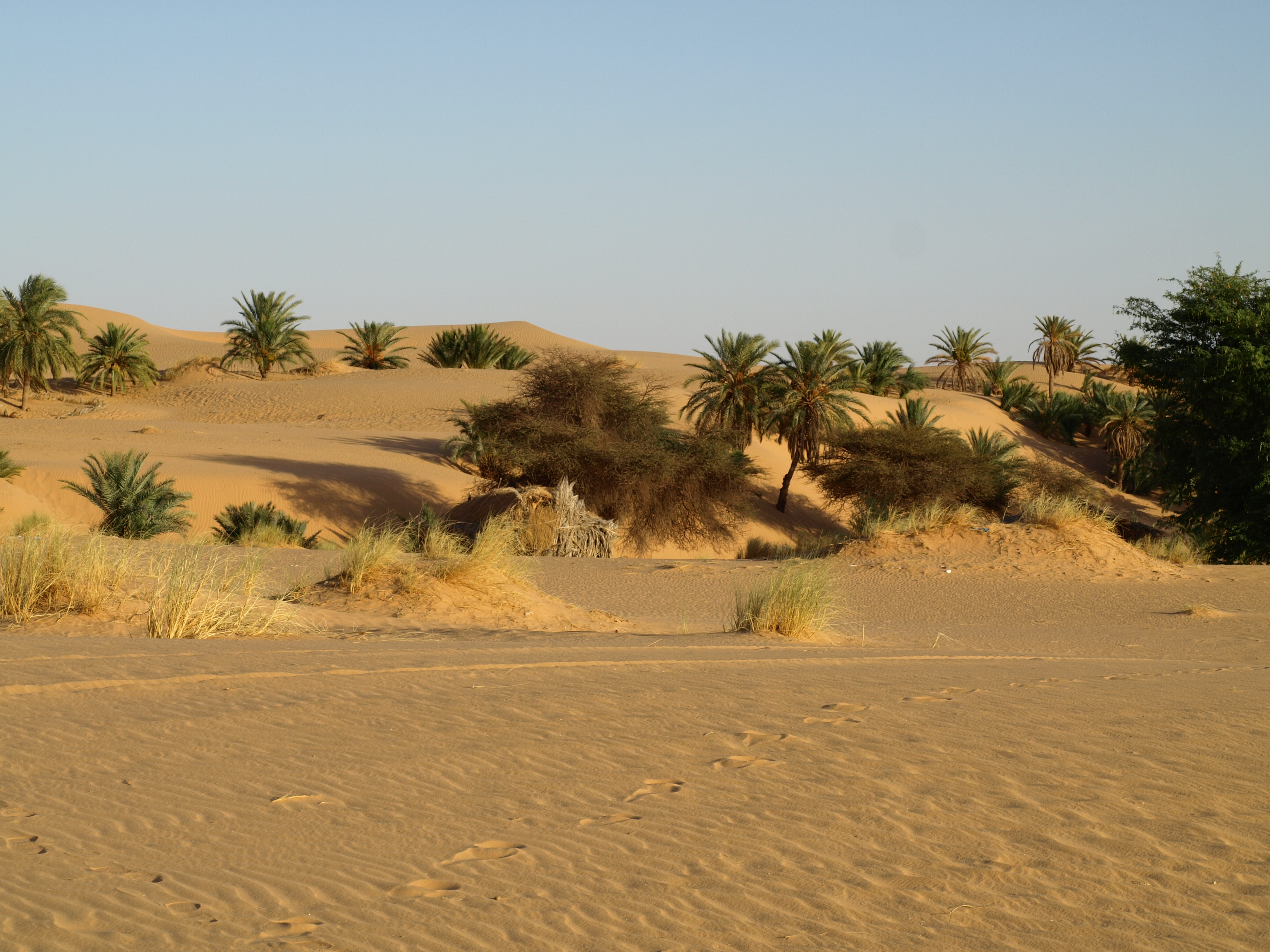
Someone should tell the robber barons their plundering has more consequences than they anticipate in a world with over 5 billion omnivores.
...The new analysis shows 869 species became extinct or extinct in the wild since the year 1500 while 290 more species are considered critically endangered and possibly extinct.
At least 16,928 species are threatened with extinction, including nearly one-third of amphibians, more than one in eight birds and nearly a quarter of mammals.
By comparison, the 2004 Red List showed 784 extinctions since 1500...
The report said this is not a comprehensive list with only 2.7 percent of the 1.8 million described species analyzed.
The number of extinctions is "a gross underestimate but it does provide a useful snapshot of what is happening to all forms of life on Earth," the study authors wrote.
"It's much more severe than the economic crisis or the bank crisis," Vie said. "You can lose a core industry but you can rebuild one. In nature, if you lose it, you lose it, and you're losing a lot of capital that cannot be replaced."
He said the notion that biodiversity is secondary to economic health is largely a view held by countries in North America, Europe and elsewhere, where the connection to natural products is less direct.
In less developed areas, there is a direct line between human prosperity and biodiversity.
In much of the world, Vie said, "The main problem every day is not to find a job, it's to find food ... and in most places this comes from biodiversity, from nature, from fish and plants..."
Consider the desert:


No comments:
Post a Comment